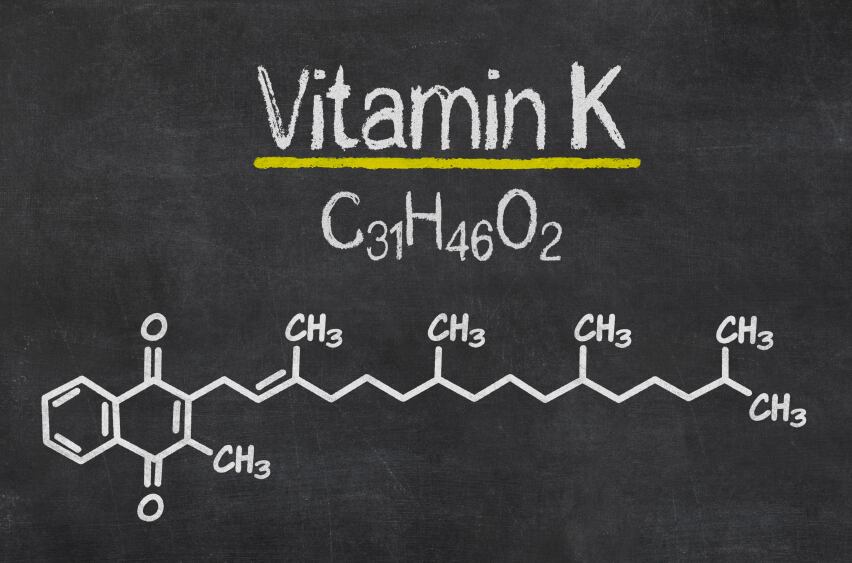If the production method can be scaled-up, Penn State researchers argue their new biofilm reactor process could help cut the cost and time taken to produce MK-7, which has been found to help reduce the risk of cardiovascular disease, strokes, osteoporosis and even cancer.
The new biofilm reactors contain internal supports onto which microorganisms attach and build colonies — called biofilms — that can withstand aeration and agitation needed to make them secrete more vitamin K.
Researcher Ehsan Mahdinia, a postdoctoral scholar in food science at Penn State, says this new method is needed to support the increased demand for vitamin K that’s expected in the future.
"The supports are comprised of half plastic and half soybean hulls, with other nutrients mixed in, that are extruded together at high temperatures," explains Mahdinia.
"The composite material is porous enough to allow microbes to colonise and hold onto it. At the same time, it is hard enough that the supports do not fall apart when they are in the liquid."
The study
Ali Demirci, Penn State professor of agricultural and biological engineering, led a study looking at producing MK-7 with an improved fermentation process and comparing the performance of strains of the microorganisms that create vitamin K.
Researchers concluded that Bacillus subtilis natto - a bacteria that produces fermented soy food - would be the most efficient microorganism.
The researchers then experimented with the medium, suspending and feeding the microorganisms in 12-day fermentation runs. The medium started as a soy broth supplemented with yeast extract and they tested the addition of glucose and glycerol.
Mahdinia said these strategies were ‘significantly effective’ and showed that the biofilm reactors will make a promising replacement to traditional static fermentation strategies.
He explained: “Under the same operational and medium conditions, suspended-cell bioreactors with no biofilm present could not reach MK-7 concentrations higher than 8.7 milligrams per liter, while in biofilm reactors concentrations were higher than 28.7 milligrams per liter — a 2.3-fold enhancement."
Demirci is now planning to scale up the 2-liter laboratory biofilm reactors and introduce pilot scale fermenters of around 200 litres.
He said: "We hope we can turn this into a patent and go to the industry and say, 'you can easily scale up these liquid fermenters to thousands of litres, similar to what is in use now for bioethanol production.' Each fermenter can reach up to 850,000 gallons of volume and produce much larger amounts of vitamin K."
Source: Applied Microbiology and Biotechnology
Published online: 14th September 2018 doi.org/10.1007/s00253-018-9340-7
“Implementation of fed-batch strategies for vitamin K (menaquinone-7) production by Bacillus subtilis natto in biofilm reactors”
Authors: Ehsan Mahdinia et al

